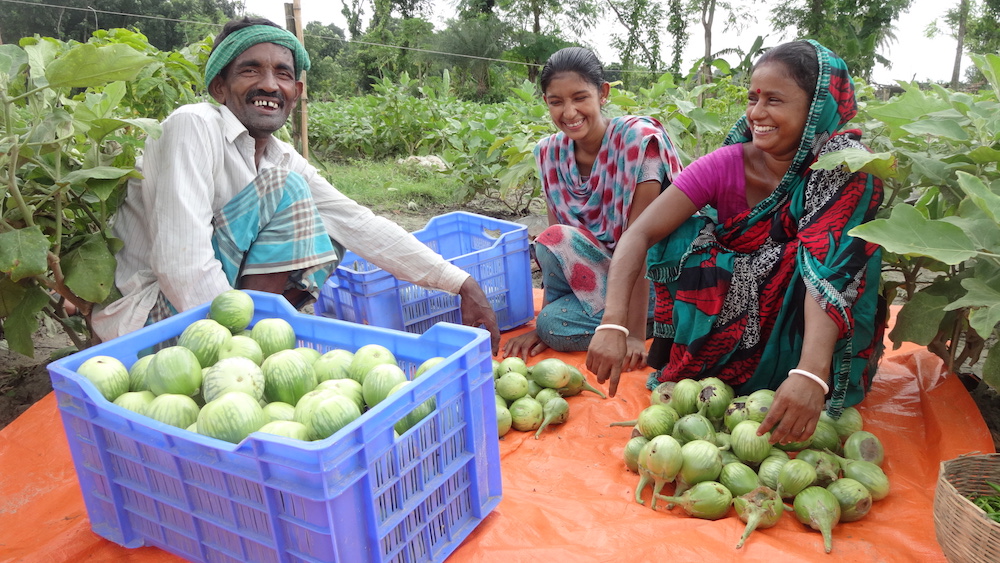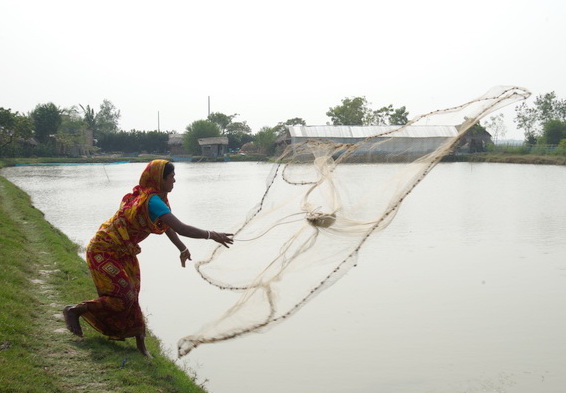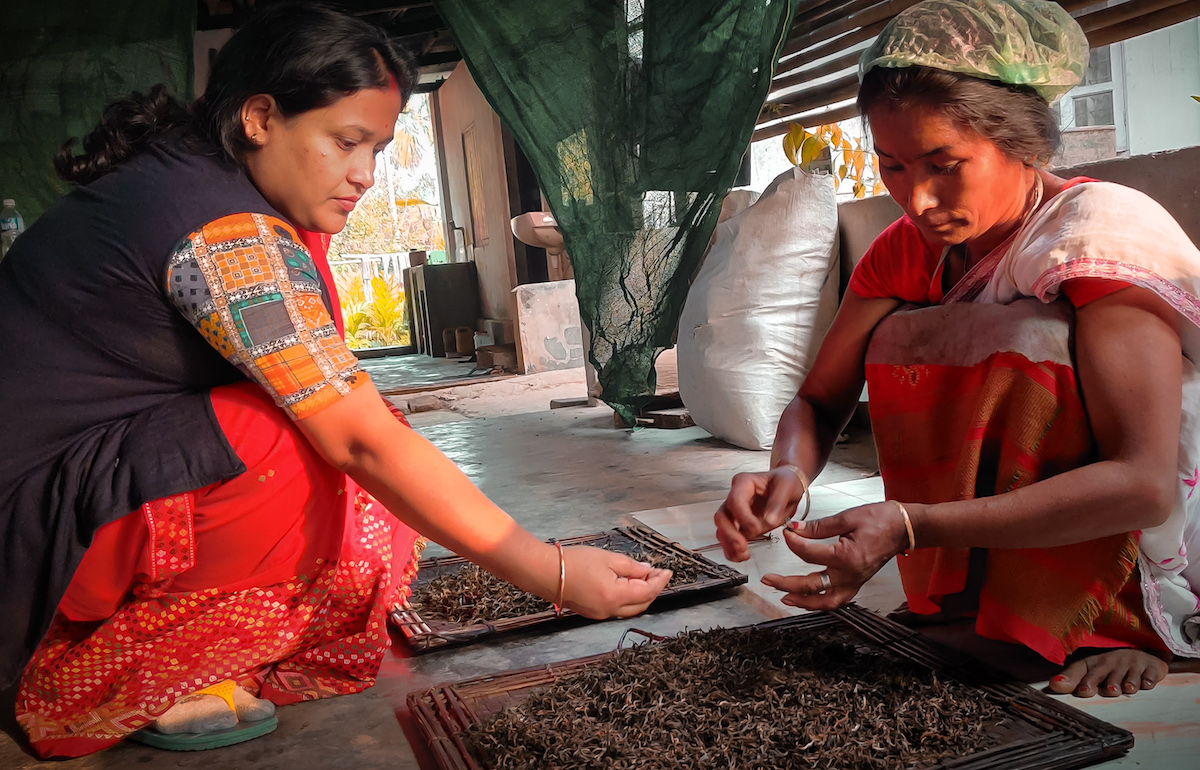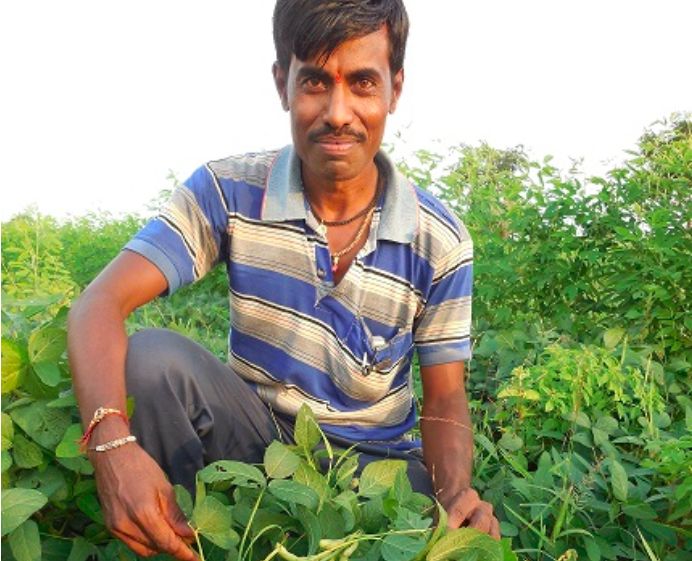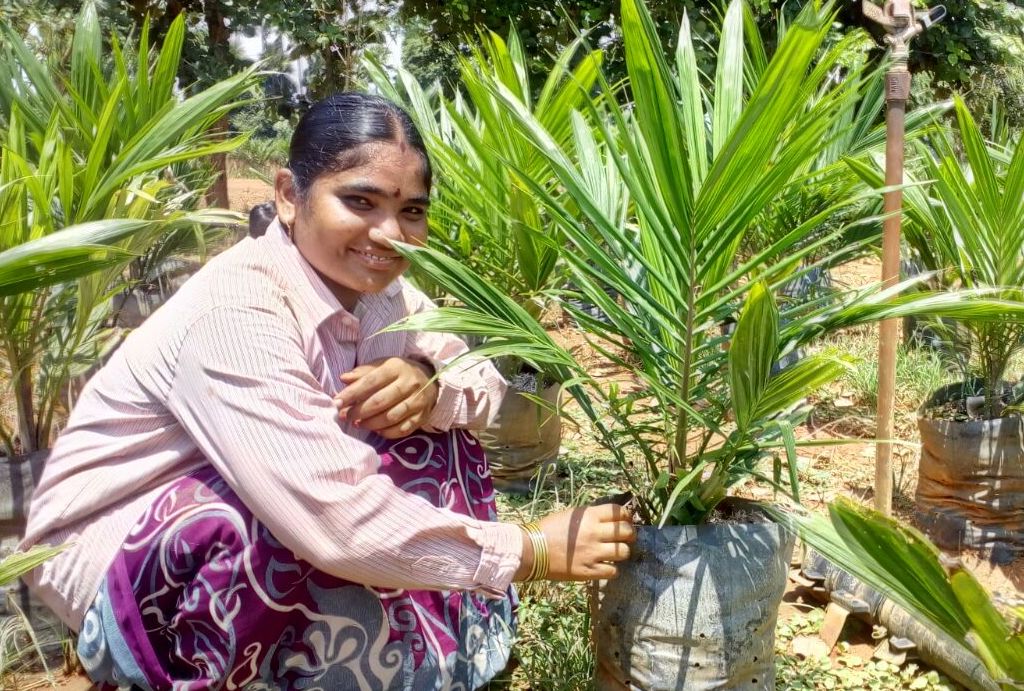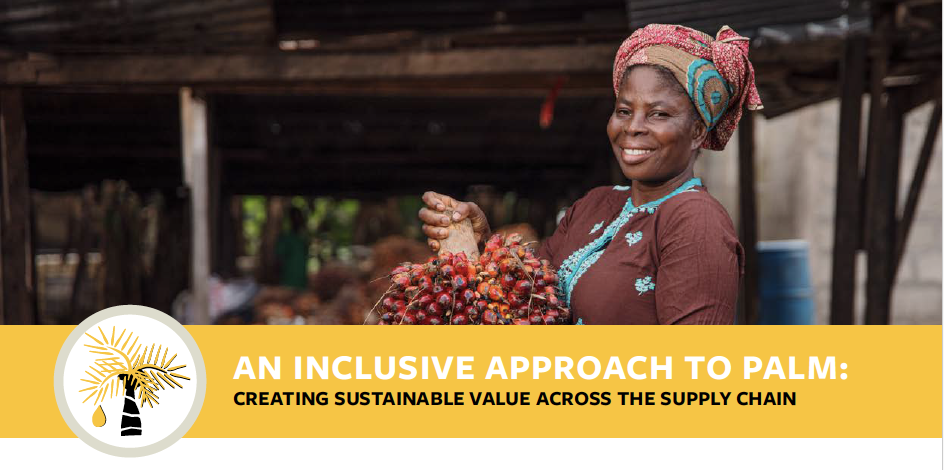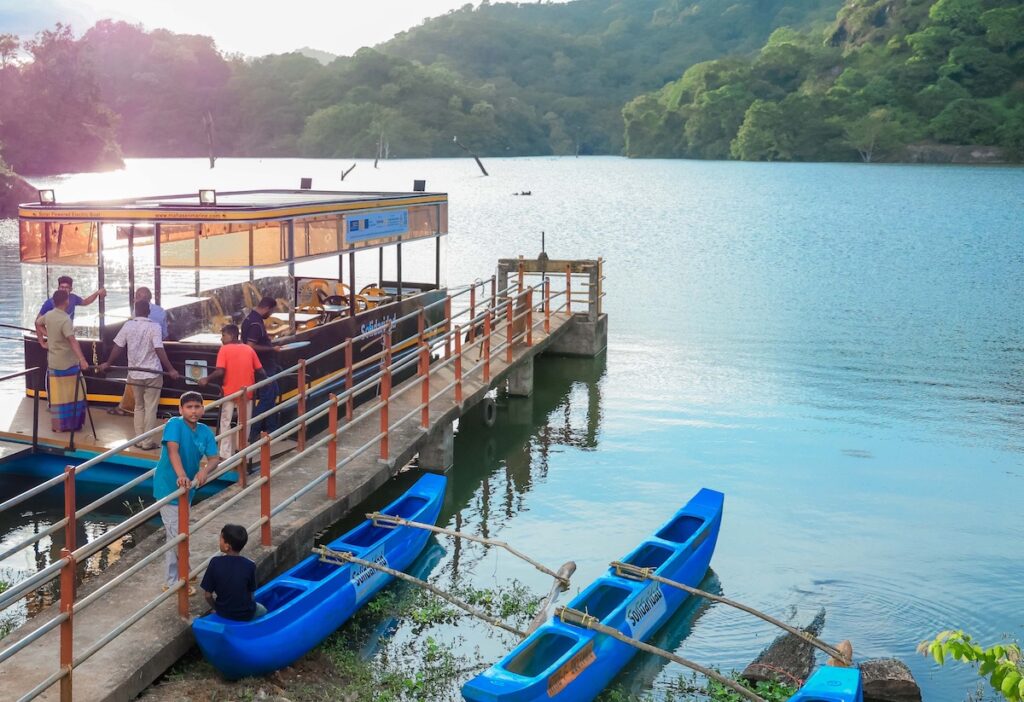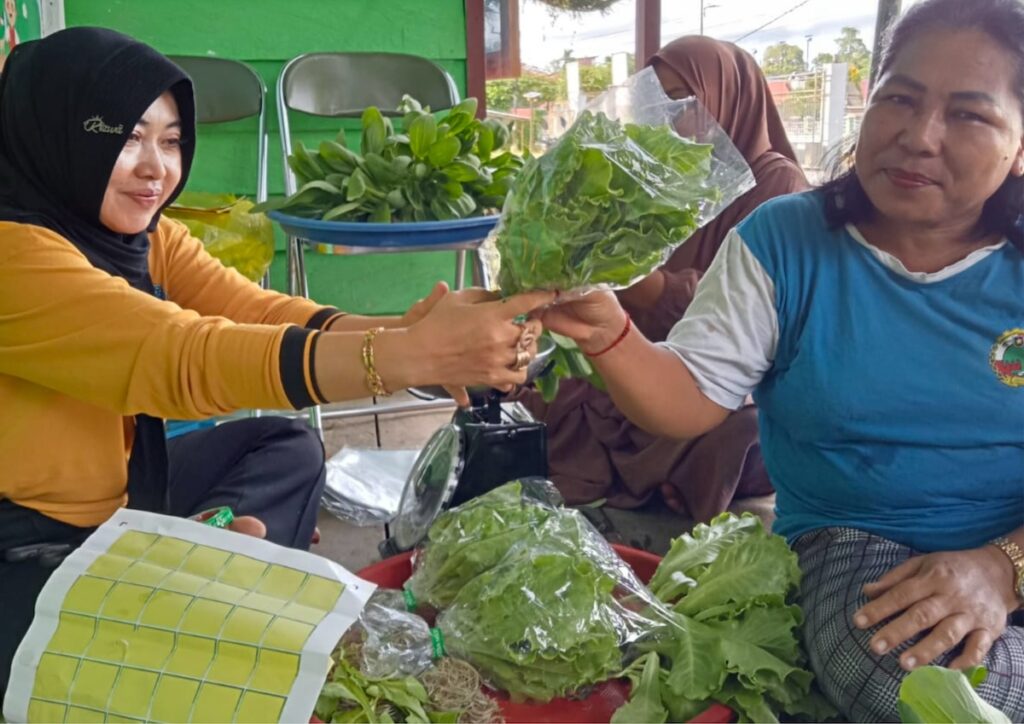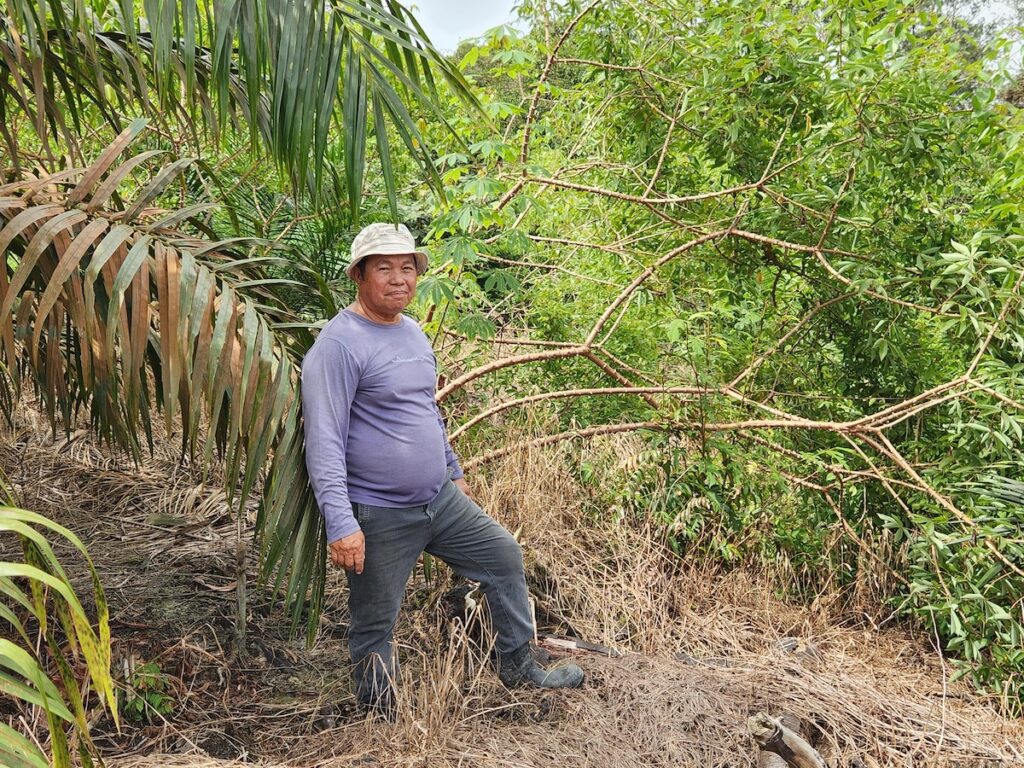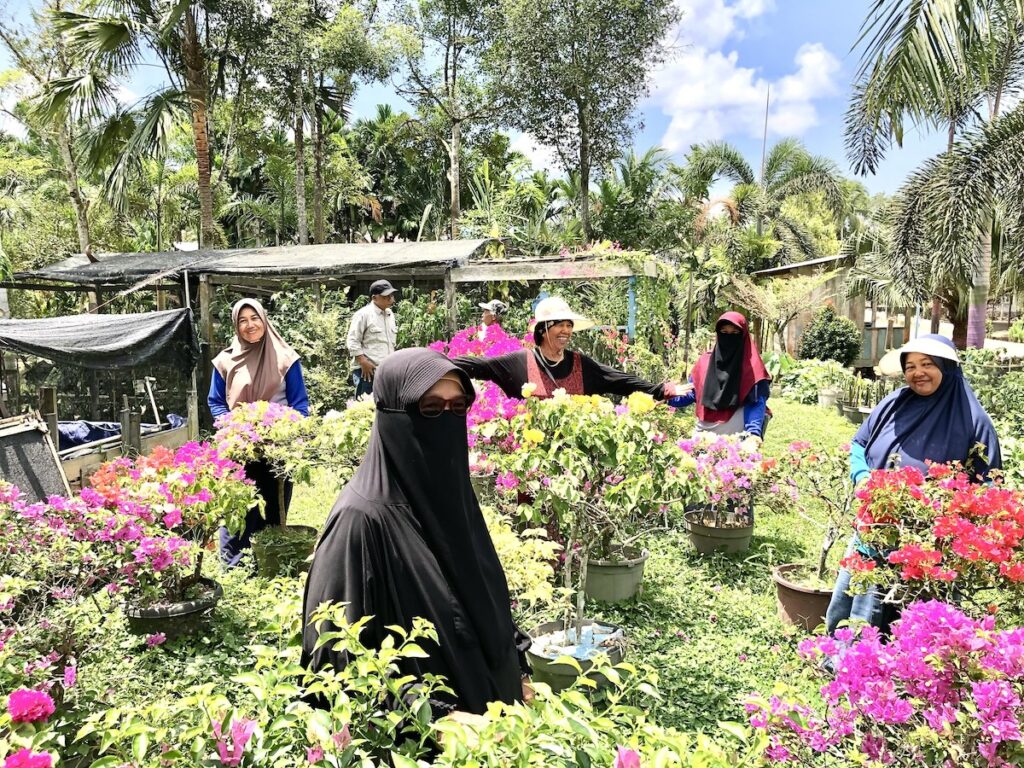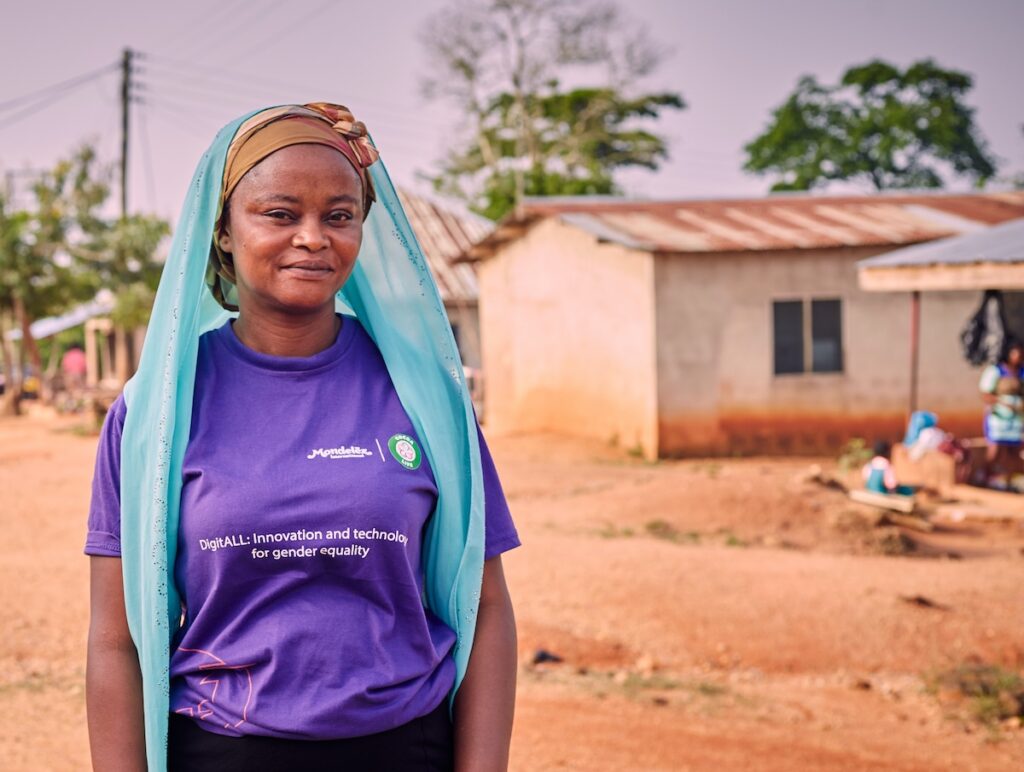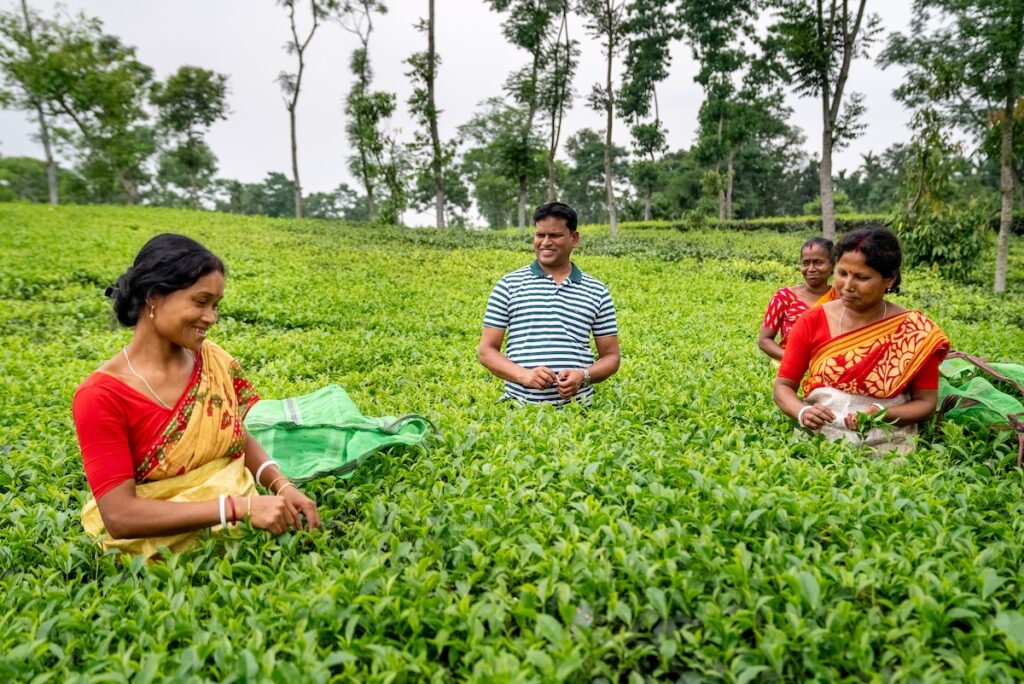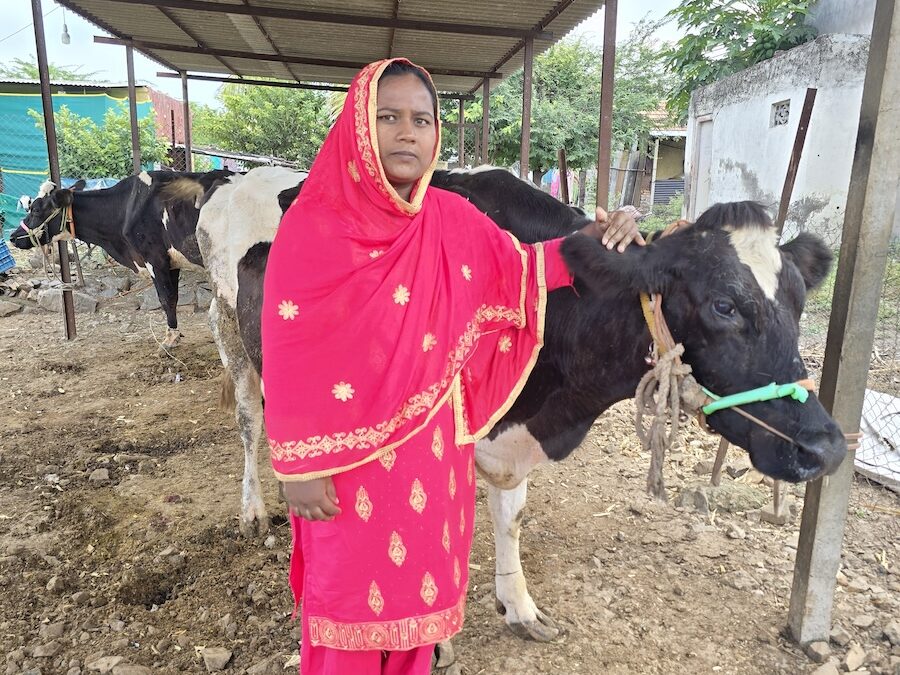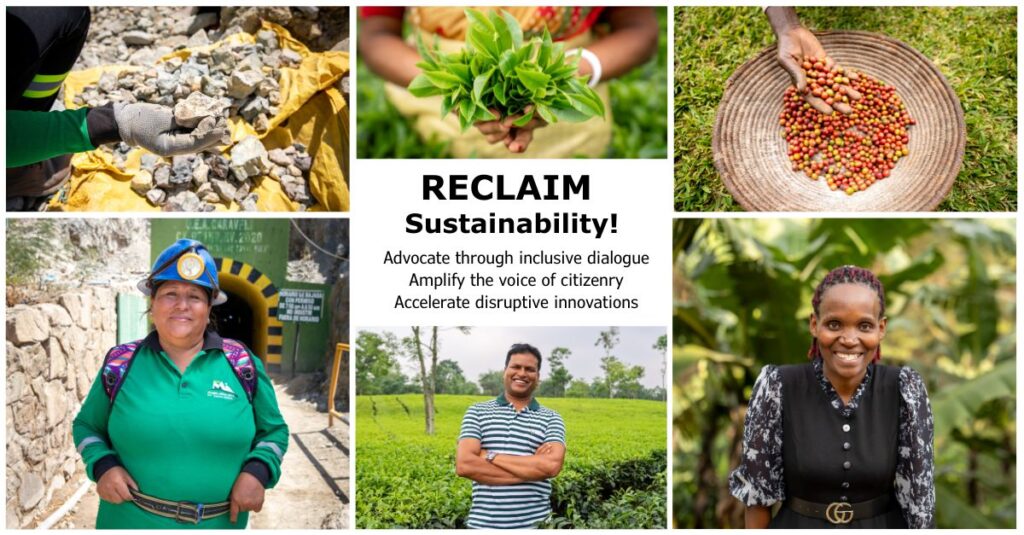Where We Work
Solidaridad operates both in production and market sectors in Bangladesh, China, Hong Kong, India, Indonesia, Japan, Malaysia, Myanmar and Sri Lanka with more than 425 experts operating from its 38 offices. It is crucial that Solidaridad works to stimulate sustainable production in the region, starting with encouraging the use of deforestation-free commodities.
Commodities
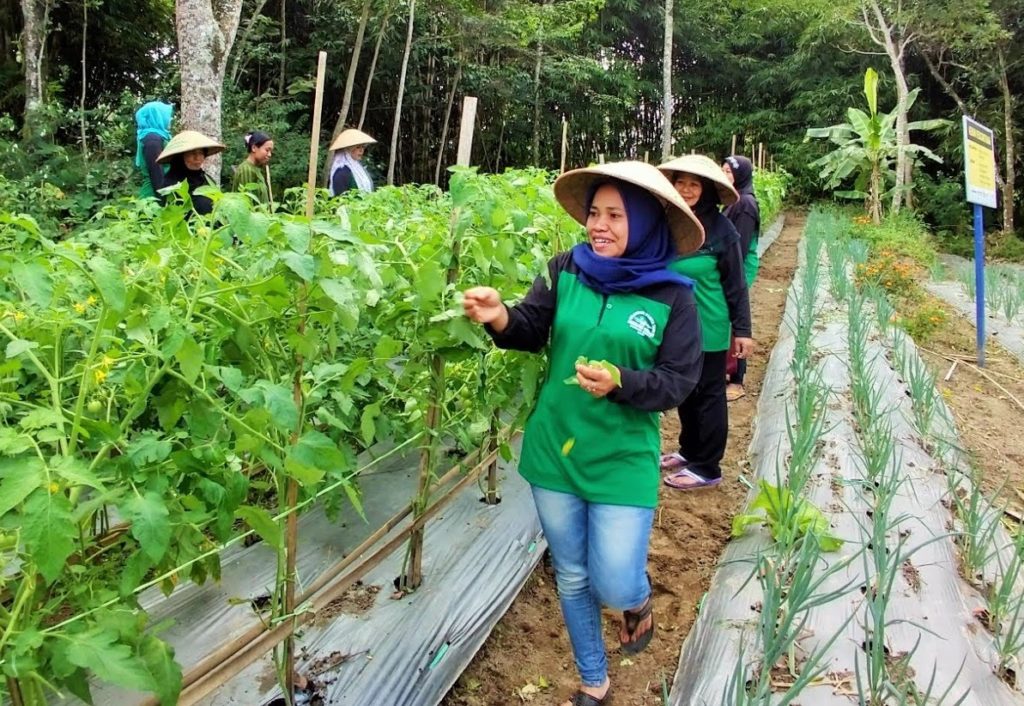
Challenges
Growing inequities
Asia faces a challenge of two kinds. It is home to the world’s largest middle-class population, and yet poverty persists in the region. Using a revised World Bank benchmark of poverty at $3.20/day and accounting for food insecurity and vulnerability, the estimated poverty rate in the region is significant. Not only that, but the middle-class’ increasing consumption is putting a huge demand on agriculture.
Solutions
Capacity and collaboration across the region
Solidaridad has placed emphasis on regional cooperation around sustainability issues through its signature Regional Sustainable Trade Initiatives. Solidaridad is now facilitating joint programmes in India, Indonesia, and China on sustainable palm oil, industrial minerals and tea with a focus on attaining Sustainable Development Goal (SDG) targets.

Achievements
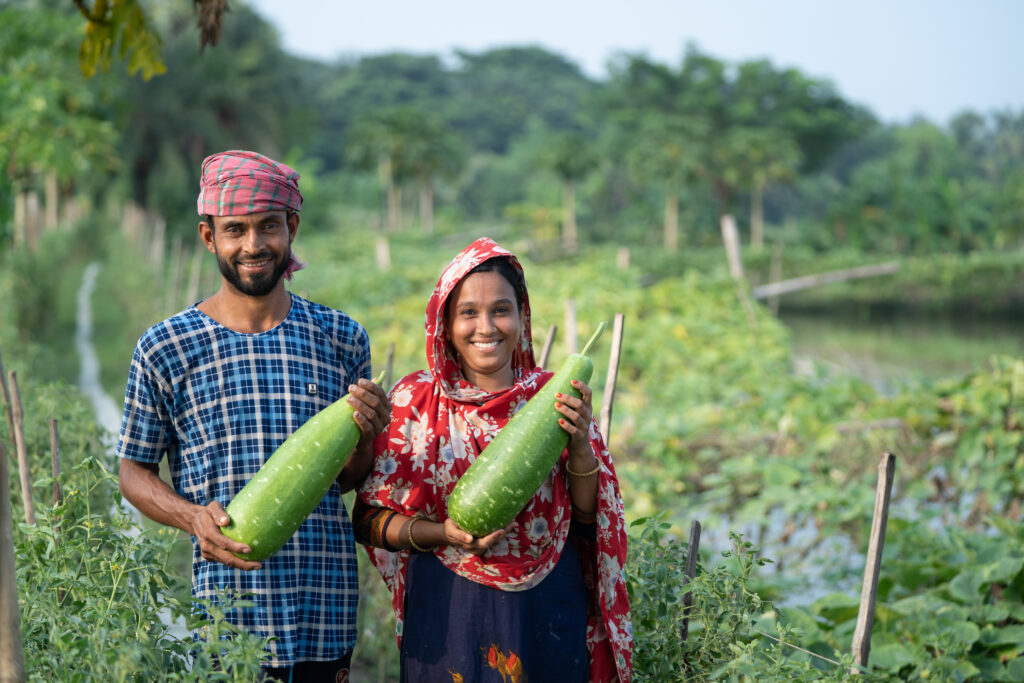
Our efforts in 2023 contributed to the prosperity of farmers, workers, and micro-enterprises while maintaining healthy ecosystems. By training a million smallholder farmers in sustainable practices, transforming close to a million hectares under sustainable management, and achieving significant water conservation, we have modestly contributed to Solidaridad’s vision of building a world where every farmer, worker and micro-enterprise prospers within a sustainable and inclusive economic ecosystem.
Establishing a new norm
The year 2022 was about setting a new norm and many firsts! Solidaridad’s first regenerative agriculture certification paved the path for securing the health of the land in an economically viable way for the farmers in 5 commodities covering the four Asian countries. Solidaridad’s in-house developed QR code-based farm-to-cup traceability solution by the name of Soli-Trace was introduced to Indian tea consumers. And for the first time, at the initiative of Solidaridad, five major Asian palm oil consuming countries came together to form the Asian Palm Oil Alliance to work on sustainable palm oil consumption.
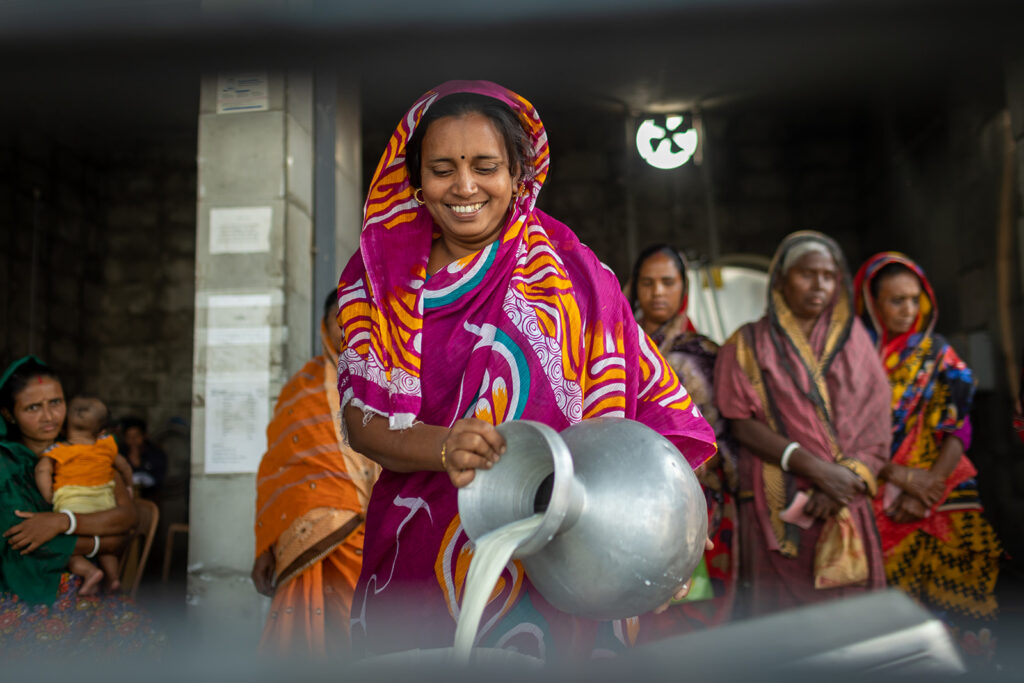
Growing impact
In Asia, the team engaged farmers and workers through digital outreach and market access. We continued to strive for policies that support farmer welfare by establishing National Frameworks in soy and medicinal and aromatic plants in India and cotton in China. A multi-country scientific publication on the role of palm oil in national development was unveiled in Sri Lanka. In the face of disruptions caused by the pandemic, reaching over 170,000 additional farmers in 2021 (overall 620,000) was a testament of translating intent to action.
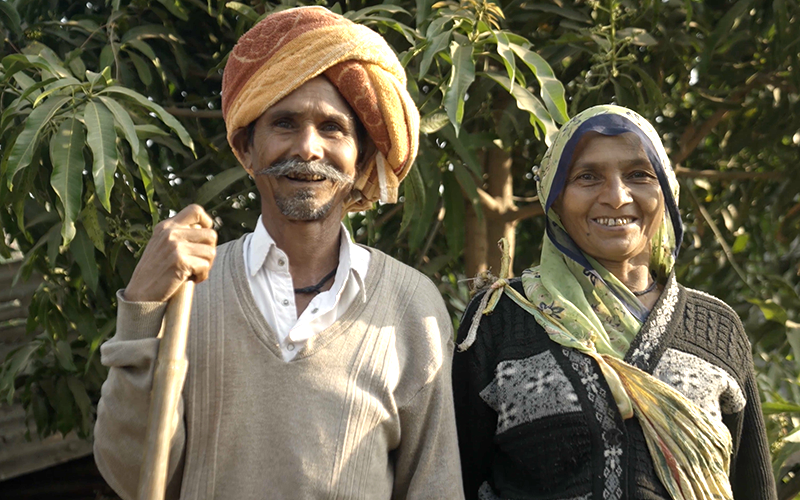
Surpassing goals
Despite Covid-19 challenges, we supported more than 500,000 producers to adopt good practices, with more than 383,000 hectares now under sustainable management. Work continued at the market level, with more than 50,000 farmers engaged in a federated model, who now own the Village Super Market. On the policy level, we contributed to 20 policy recommendations across 37 multi-stakeholder platforms.
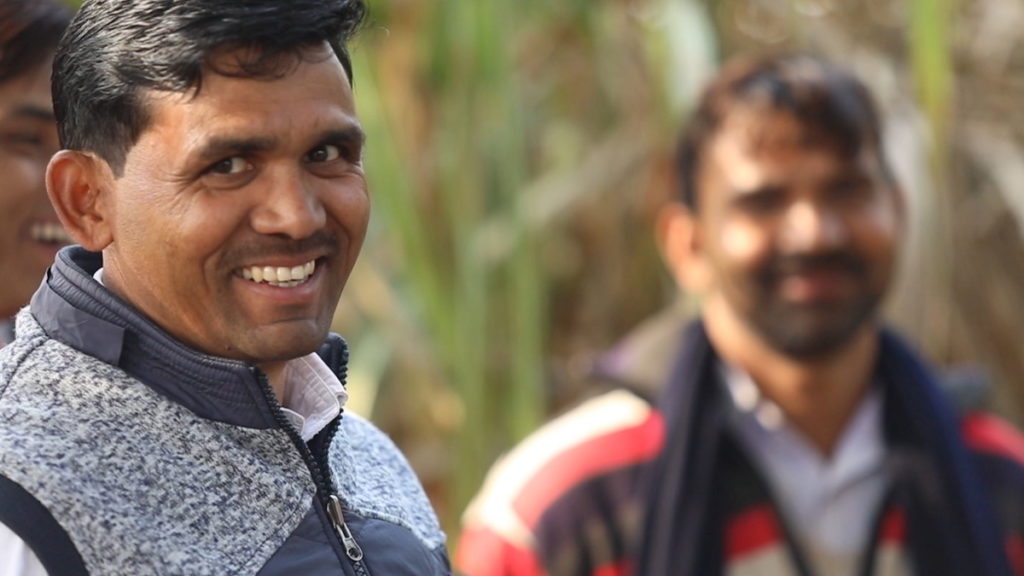
New pathways
This was the first full year of operations for Solidaridad Asia following the merger of Solidaridad South and South East Asia, and China. In 2019, we expanded our market-based approach to cleaner water to two new locations. We also adopted Fair Data – a unique solution beyond certification – for our Tea and Sugarcane programmes. And on the sustainable palm oil front, we supported a much-awaited consensus between Indonesia, Malaysia and India.

Joining forces
In 2018, the Solidaridad South and South-East Asia and China regional offices joined together to form one continental office: Solidaridad Asia. Over the last 12 years, Solidaridad has emerged as an innovative sustainable solutions provider in Asia, working in India, China, Indonesia, Malaysia, Bangladesh, Sri Lanka, Myanmar, Hong Kong and Israel. Solidaridad Asia provides training on climate-smart sustainable agriculture and decent work for 500,000 farmers and 200,000 workers in 13 commodity areas. All our work is tailored towards creating practical solutions at scale for feeding the ever-growing demands of the Asian population through a more-with-less approach.

Partnerships for good
In India Solidaridad launched a partnership to clean up the Ganges River. The partnership’s aim was to make Kanpur leather more sustainable by reducing pollution levels from effluent water, creating a safer environment for 250,000 workers and cleaner water for 30,000 smallholder farmers who depend on wastewater for agricultural production.
In China Solidaridad supported 1,650 farmers in cultivating sustainable cotton in Guazhou City. The project focused on reducing the application of fertilizers and chemicals, promoting water saving technology and integrated pest management. By the end of the year a total of 7,085 tonnes of seed cotton were certificated by the Better Cotton Initiative.

Breaking barriers
The Malaysian Palm Oil Board signed an agreement with Solidaridad, the first such agreement with an international development organization to enhance the effective implementation and adoption of the Malaysian Sustainable Palm Oil standard for 100,000 smallholders. Similarly, The Solvent Extractors’ Association of India signed an agreement for the first time with Solidaridad to develop a framework for the sustainable production and trade of oilseeds and vegetable oils.
In China, sustainable development found a new place at the forefront of the political and economic agendas. Solidaridad worked directly in the manufacturing, agriculture and international commodity trade sectors to improve environmental and social performance alongside economic growth.

Growing impact
Solidaridad’s sustainable soy programme in India successfully supported 80,085 smallholders in major soy growing provinces. The programme covered 93,154 hectares of socially and environmentally sustainable soy in line with RTRS principles. Watch this video about Solidaridad’s Soy programme.

Big ambitions
Solidaridad initiated an ambitious programme on responsible mineral extraction together with Unilever. A Code for Responsible Extraction (CORE) was jointly developed and is one of the first independently auditable global codes for minerals at the extraction site, supported by leading companies and civil society organizations. CORE verification offers a globally acceptable and credible assurance to buyers and other stakeholders that the industrial minerals are extracted in a responsible way.

Demand for change
Solidaridad and Hindustan Unilever Foundation (HUF) jointly launched one of the largest demand-side agricultural water efficiency programmes for Indian sugarcane, cotton, soy and tea sectors spread across 4,000 villages in 38 districts of nine states covering an area of 677,880 hectares in India. The programme aims to save 0.4 to 1 trillion litres of water cumulatively in three years through sustainable agriculture.

A consolidated approach
With 12 million euros in support from the Dutch embassy, Solidaridad launched the Sustainable Agriculture, Food Security and Market Linkages (SaFaL) programme in Bangladesh to improve the lives of 57,000 families and 1,000 producers’ groups for aquaculture, fruits and vegetables, and dairy. This was the first time sustainable agriculture, sustainable supply chain development and traditional nutritional security approaches were combined to develop a unique consolidated approach towards a market-based food security solution.

A sustainability first
Solidaridad pioneered the development of a national sustainability standard from a bottom-up national perspective. The Lestari sustainability standard for tea became first the domestic sustainability standard ever launched in Indonesia. Pilots were initiated in partnership with Hindustan Unilever to develop a “stepping stone” sustainability standard for the first time in the Indian domestic market.

Promoting water efficiency
Solidaridad initiated one of the largest interventions around water efficient sugarcane production with EID Parry to supporting 40,000 smallholder farmers in southern India.

Smallholder certification for coffee
Around 4,000 coffee smallholders from three Indian states joined forces under one forum and were supported to be certified under UTZ Certified sustainability standard. This was the first smallholder certification for coffee in India under UTZ with support from seven coffee curing operations in the region. The UTZ Certified sustainability code for tea was also launched for the first time in India.

Bringing people together
The UTZ Certified tea standard was implemented in India, Indonesia, Sri Lanka and Vietnam for the first time with large plantations as well as smallholders. National Reference Groups (NRGs) were set up in all the four countries. The NRGs are an informal assembly of key national tea industry stakeholders committed to working together for enhancing the accountability and credibility of different national and international CSR standards applicable to the tea sector at the production end.

Fair say and fair share
Solidaridad supported 7,000 cotton farmers to have “Fair Say and Fair Share” in the supply chain. Cotton farmers were supported in organizing under Chetna Organic Producers’ Company and Solidaridad facilitated farmers for the first time in gaining about 10% shareholding in a garment company.

Regional Programmes
Change that matters with partners who care. Find out what we can achieve together.
NEWS AND RESOURCES
Get in touch
Want to know more about our work in Asia? Get in touch with our team!
View Larger Map
A-5, Shankar Garden, Main Najafgarh Road, Vikaspuri, New Delhi-110018
+ 91-011-45134500

Shatadru Chattopadhayay
Managing Director

Saroj Kumar Sahu
Regional HR Manager
saroj.kumarsahu@solidaridadnetwork.org

Nitin Rao
Regional lead, PME
nitin.rao@solidaridadnetwork.org

Prashant Pastore
General Manager, Water and Sustainable Agriculture
prashant.pastore@solidaridadnetwork.org
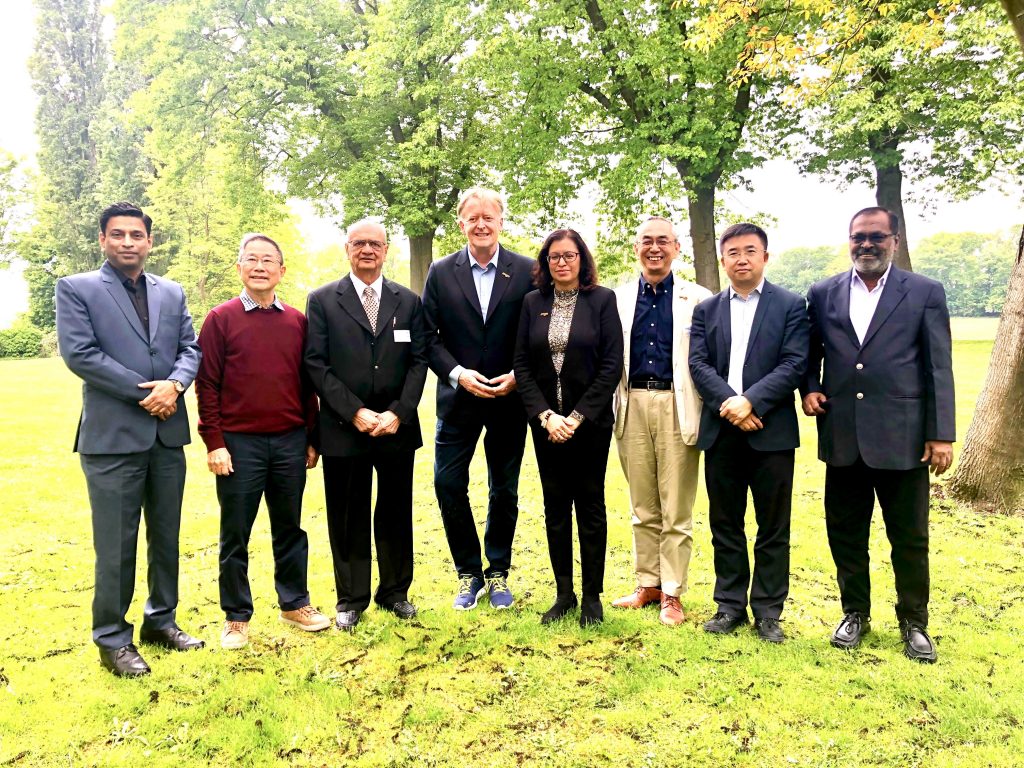
Continental Supervisory Board
Asia
Our board members are (left to right): Dr. Shatadru Chattopadhayay, Padmashri Dr. M. H. Mehta, Jeroen Douglas (now replaced by his successor Andre de Freitas), Shahamin S Zaman, Kan Hiroshi Sato, Dr. Xiaohui Liang, M. Subbramanium




